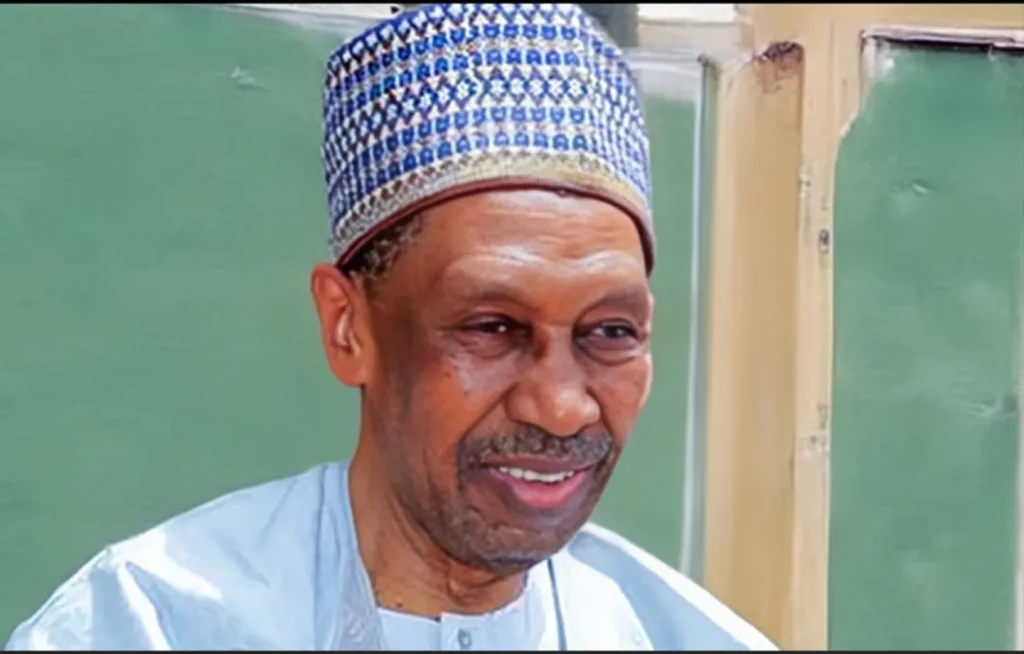Mohammed Uwais, a former Chief Justice of Nigeria and a pivotal figure in the country’s return to civilian rule, has died at the age of 89. Widely regarded as one of the nation’s most esteemed jurists, Uwais played a significant role in shaping Nigeria’s post-military democratic era.
Appointed Chief Justice in 1995, Uwais served until 2006, overseeing the judiciary during one of the most critical phases in Nigeria’s modern history. His tenure included the 1999 democratic transition that marked the end of nearly two decades of military dictatorship. It was Uwais who administered the oath of office to President Olusegun Obasanjo on May 29, 1999, a historic moment that signaled Nigeria’s reentry into democratic governance. Since then, the country has enjoyed its longest period of uninterrupted civilian rule.
President Bola Tinubu, in a public statement, mourned Uwais’ passing, describing him as a “colossus” in the Nigerian legal system. “He led the judiciary with tact, patience, and a profound sense of responsibility during a challenging time in our national history,” the president said. Tinubu noted that Uwais’ leadership during the transitional years helped lay the foundation for the democratic institutions that have endured for over two decades.
Tributes also came from the opposition, including former Vice President Atiku Abubakar, who acknowledged Uwais as both a national figure and a personal relation. “Today, we remember not only a towering figure in the judiciary but also my in-law,” Abubakar said in a message posted on X. He commended Uwais’ unwavering commitment to justice, fairness, and institutional reform, citing in particular his leadership of the Electoral Reform Committee, which was tasked with recommending improvements to Nigeria’s electoral system.
Uwais’ post-retirement contributions were equally notable. His work on electoral reform underscored his continued engagement with Nigeria’s democratic development. As chair of the committee formed in 2007 to evaluate and propose changes to the nation’s electoral laws, Uwais advocated for greater independence and transparency in the electoral process, proposals that have since informed public debate and policy on electoral governance.
Throughout his life, Uwais was known for his judicial restraint, principled decisions, and deep respect for constitutionalism. Legal scholars and public figures have consistently credited him with reinforcing the judiciary’s role as an independent arm of government, even amid political pressures.
With his death, Nigeria loses a legal statesman whose influence extended beyond the courtroom. His legacy remains etched in the country’s democratic evolution and judicial integrity.



